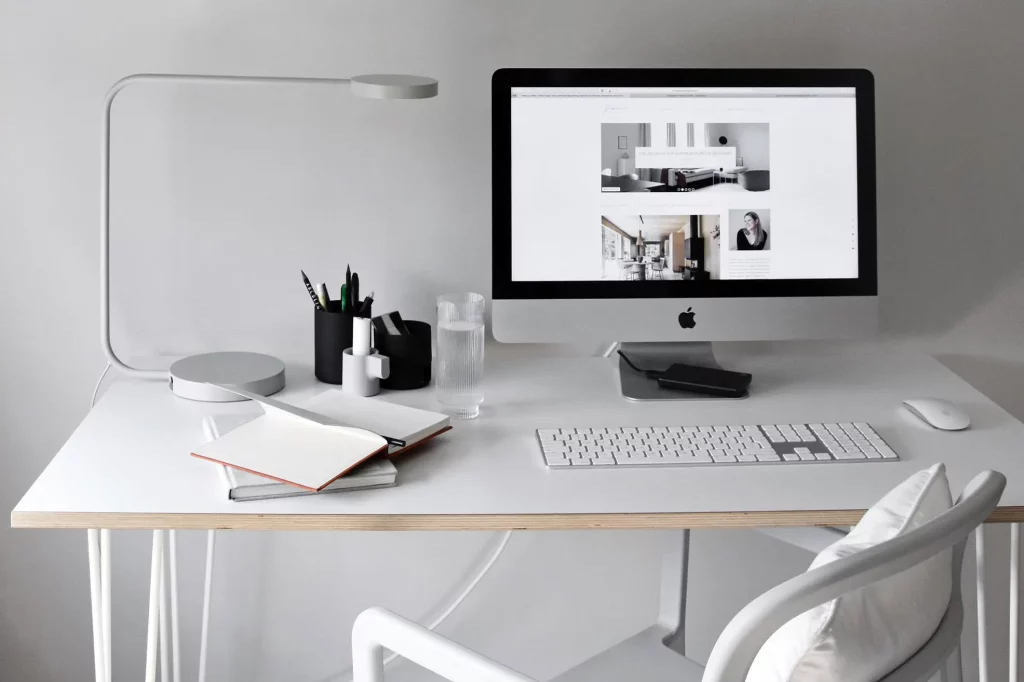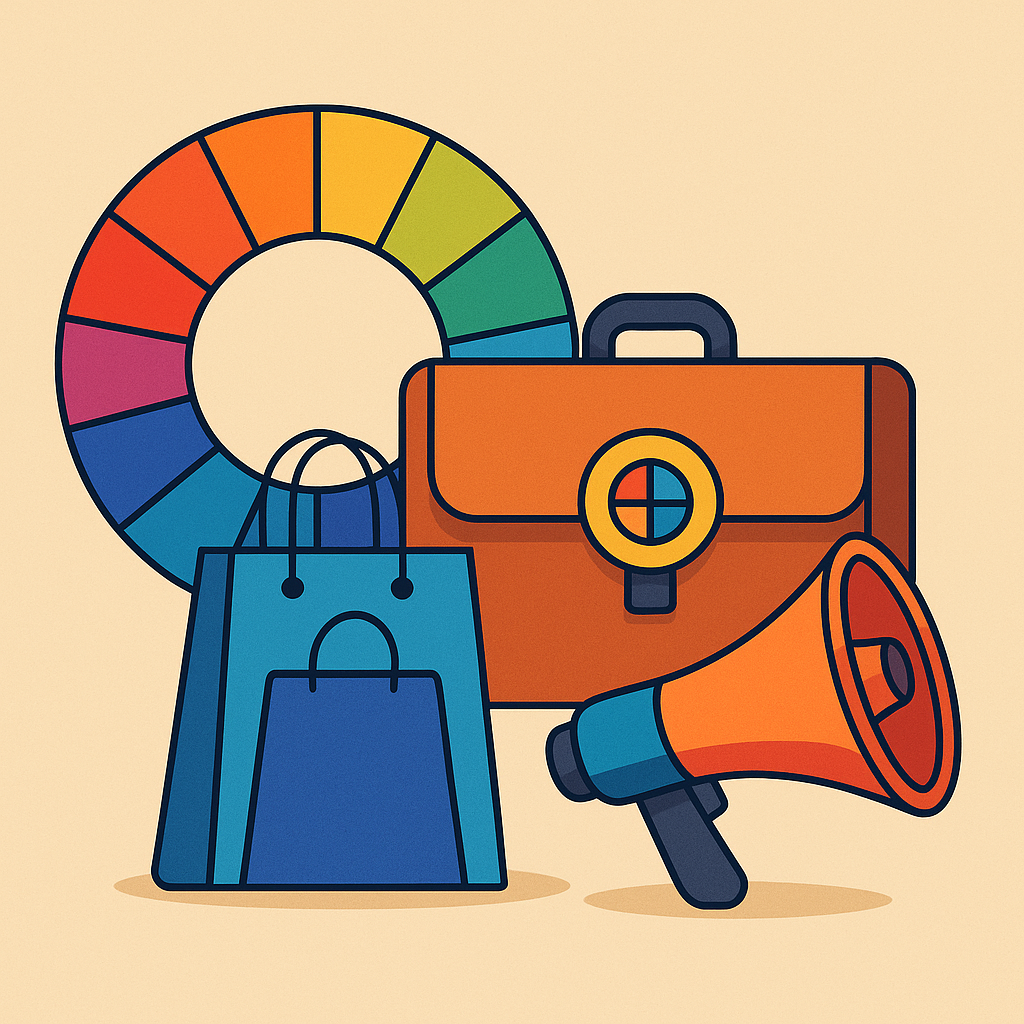In an era full of fast-paced digital demands and remote work, learning to stay organized without feeling overwhelmed is more critical than ever. This guide introduces emerging, evidence-based trends that make organizing simple, effective, and—dare we say—enjoyable.

Personal AI Agents: Organization on Autopilot
One of the hottest trends in 2025 is the rise of personal AI agents—virtual assistants that plan, remind, and even reorganize your schedule proactively, without constant prompting. Fast Company identifies these bots as “digital entities combining machine learning…to assist with tasks, decisions, and communications”.
- Schedule optimization: These agents can detect conflicting meetings, suggest optimal work blocks, and integrate breaks.
- Task prioritization: By analyzing email and calendar data, they can highlight the most important daily tasks.
- Context-aware adjustments: If you miss a task or encounter delays, the AI will reschedule intelligently.
That said, maintain a balance—don’t let tech run your life. Blended systems (described below) help keep you grounded.
Minimalism & the ‘Great Over Good’ Method
Minimalism isn’t just about decluttering your space—it recalibrates your brain for calm and clarity. Homes & Gardens reports minimalism “reduces stress by eliminating visual and mental clutter,” easing cortisol and promoting restful sleep.
The Great Over Good method elevates this trend by encouraging you to keep only top-tier versions of items—no duplicates, no guilt. Here’s how to apply it:
- Identify categories with excess (e.g., T-shirts).
- Compare similar items—keep THE best.
- Donate repeated or just‑acceptable items.
- Appreciate the space and visual calm.
Combining minimalism with AI-assisted maintenance becomes a powerful stress‑busting duo.
Micro‑Habits: Small Wins, Big Momentum
Professional organizers strongly advocate breaking tasks into microscopic sessions to avoid overwhelm. Real Simple recommends 30‑minute declutter sprints—manageable chunks build progress without burnout.
Science supports this. Intermountain Health advises setting aside small blocks—often under an hour—to avoid feeling “tired and overwhelmed,” since consistency outperforms infrequent deep cleans.
Try this structure:
- Daily 15-minute session: Clear your desk surface.
- Weekly 30‑minute sprint: Tackle a drawer or shelf.
- Monthly review: Reassess what’s necessary (backed by minimalism habits).
This framework ensures organization becomes sustainable—not stressful.
Hybrid Systems: Combining Digital & Paper Tools
Some people love digital, others prefer paper. The most effective systems in 2025 are hybrid—digital calendars and AI agents synced with pen‑and‑paper planners for reflection and physical clarity.
How to build yours:
- Digital hub: Use your AI agent and a synced calendar (e.g., Google Calendar).
- Paper notebook: Each morning, write your top 3 priorities (“Big 3”).
- End‑of‑day reset: Check off written tasks, update the digital system based on progress.
This convergent approach taps into the benefits of tech while grounding you in tactile, focused reflection—preventing decision fatigue and boosting retention.
Mental Well‑Being: Structure as Stress Relief
Clinical psychology affirms that clutter triggers stress and anxiety. National Geographic notes that organizing environments “boost…productivity and reduce stress and anxiety”. Verywell Mind emphasizes how structure and predictable routines offer emotional stability during stressful periods.
Core strategies:
- Daily routine chart: sleep, meals, work blocks, breaks.
- Visual organizers: wall calendars or apps with reminders.
- Declutter mindset shift: View tidying as self-care, not chores.
Pairing this with AI planners and minimal environments ensures structure supports—rather than overwhelms—you.
Actionable Step-by-Step Plan
1. Choose your AI assistant
Select one that syncs with your ecosystem (e.g., Replika, Clara, or emerging personal AI tools).
2. Build a minimalist space
Focus on your workspace: apply the Great Over Good method to remove duplicates and clear surfaces.
3. Commit to micro‑habits
Schedule daily (15‑min) and weekly (30‑min) organization sessions. Use Pomodoro timers if helpful.
4. Create a hybrid workflow
Use digital scheduling plus a daily paper planner. Align both every morning and evening.
5. Track mental gains
Keep a simple log (note your stress, focus, sleep). Notice improvements as clutter and chaos decrease.
Why This Works
| Trend | Benefit |
|---|---|
| Personal AI agents | Automates planning, saves time |
| Minimalism & GOG | Reduces visual overload and clutter |
| Micro‑habits | Builds momentum with small, consistent wins |
| Hybrid systems | Combines tech efficiency with tactile clarity |
| Routine & structure | Fosters emotional security and resilience |
Together, these trends form a clear, manageable system that helps you stay organized—without dread or drama.
Takeaway
To stay organized without feeling overwhelmed, start small, lean on smart tech, curate your space with intent, and build supportive routines. As trends like AI agents and minimalist mindset grow, your system will adapt and evolve—keeping stress low and efficiency high in 2025 and beyond.
References
- Fast Company, “5 emerging digital experience trends poised to shape 2025” realsimple.comhomesandgardens.comfastcompany.comreddit.comhomesandgardens.composypaper.com
- Homes & Gardens, “Minimalism benefits” homesandgardens.com+1homesandgardens.com+1
- Homes & Gardens, “Great Over Good decluttering method” architecturaldigest.com+6homesandgardens.com+6bhg.com+6
- Real Simple, “Where pro organizers start when overwhelmed by clutter” homesandgardens.com+2realsimple.com+2bhg.com+2
- Intermountain Health, “Can organizing impact your mental health?” intermountainhealthcare.org+1time.com+1
- National Geographic, “Being organized can actually improve mental health” nationalgeographic.com+1reddit.com+1
- Verywell Mind, “Importance of maintaining structure and routine” verywellmind.com






